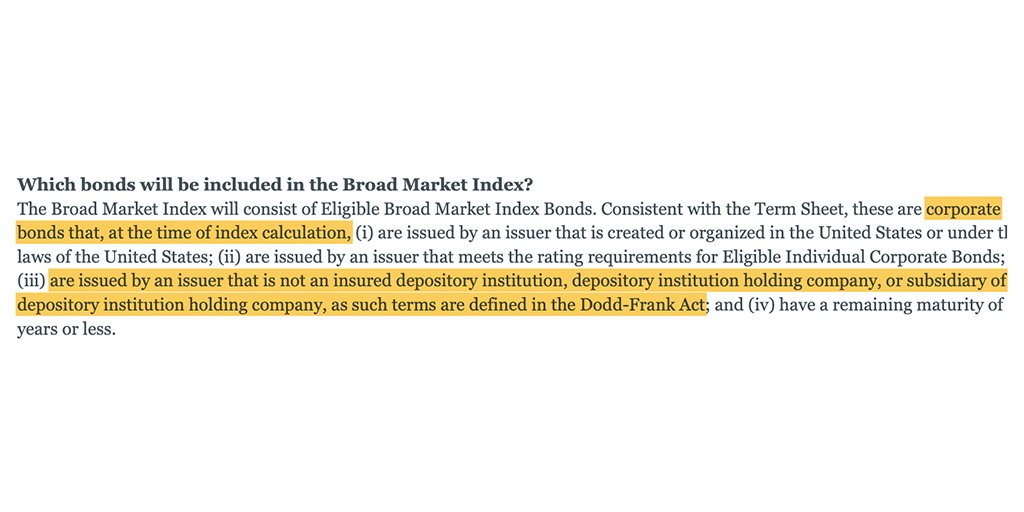
No matter how we look at the data—by race, by sector, by income—it's clear the burden of the pandemic is falling hardest on women. Today, our office released a report detailing how decades of progress could be erased unless we take action. (THREAD)
porter.house.gov/uploadedfiles/…
porter.house.gov/uploadedfiles/…
Since the start of this crisis, 22 percent of all women have left the workforce. There are several reasons for this. First of all, women—especially women of color—are overrepresented in industries that have been hit hardest by COVID-19, like food service and health care. (2/10)
Moreover, lack of support from both government and employers for balancing work and home responsibilities is pushing women out of the workforce. While men have become increasingly involved, women still typically bear the brunt of housework and childcare responsibilities. (3/10)
Due to the pandemic, the support system that previously made full-time work and childcare possible for women has been upended. As a result, millions of women—particularly in corporate America—are leaving or considering leaving the labor force to compensate. (4/10)
The mass exodus of women from the workforce will hurt our economy. Women are a massive driver of our GDP, and it is essential that women remain in the workforce to offset aging baby boomers, many of whom are retiring early due to the pandemic. (5/10)
The glaring disparities between men and women in the workplace are likely to deepen and last for generations if we do not respond to this crisis. We need a recovery plan that supports working women and families, and I have a few ideas. (6/10)
A paid leave program, along with support for working parents facing closed childcare centers and schools, will help keep moms in the workforce both during and after the pandemic. I've introduced legislation that would help make this a reality 👇 (7/10)
https://twitter.com/RepKatiePorter/status/1289981353321095168
We also need to help our schools reopen safely. For months, I have been urging the Administration to provide scientific, evidence-based guidelines to schools on how to do so, as well as the resources needed to implement them. (8/10)
https://twitter.com/RepKatiePorter/status/1281316727771598849
And we absolutely have to make childcare more affordable. I've introduced legislation to do just that (more 👇), and I'm proud to back several bills that would provide relief to providers struggling to stay open—or to reopen—during the pandemic. (9/10)
https://twitter.com/RepKatiePorter/status/1121468912653275137
These are just a few of the policy solutions outlined in the report released by our office today. Read the full report and dive into the data ⬇️⬇️ (10/10)
porter.house.gov/uploadedfiles/…
porter.house.gov/uploadedfiles/…
• • •
Missing some Tweet in this thread? You can try to
force a refresh



